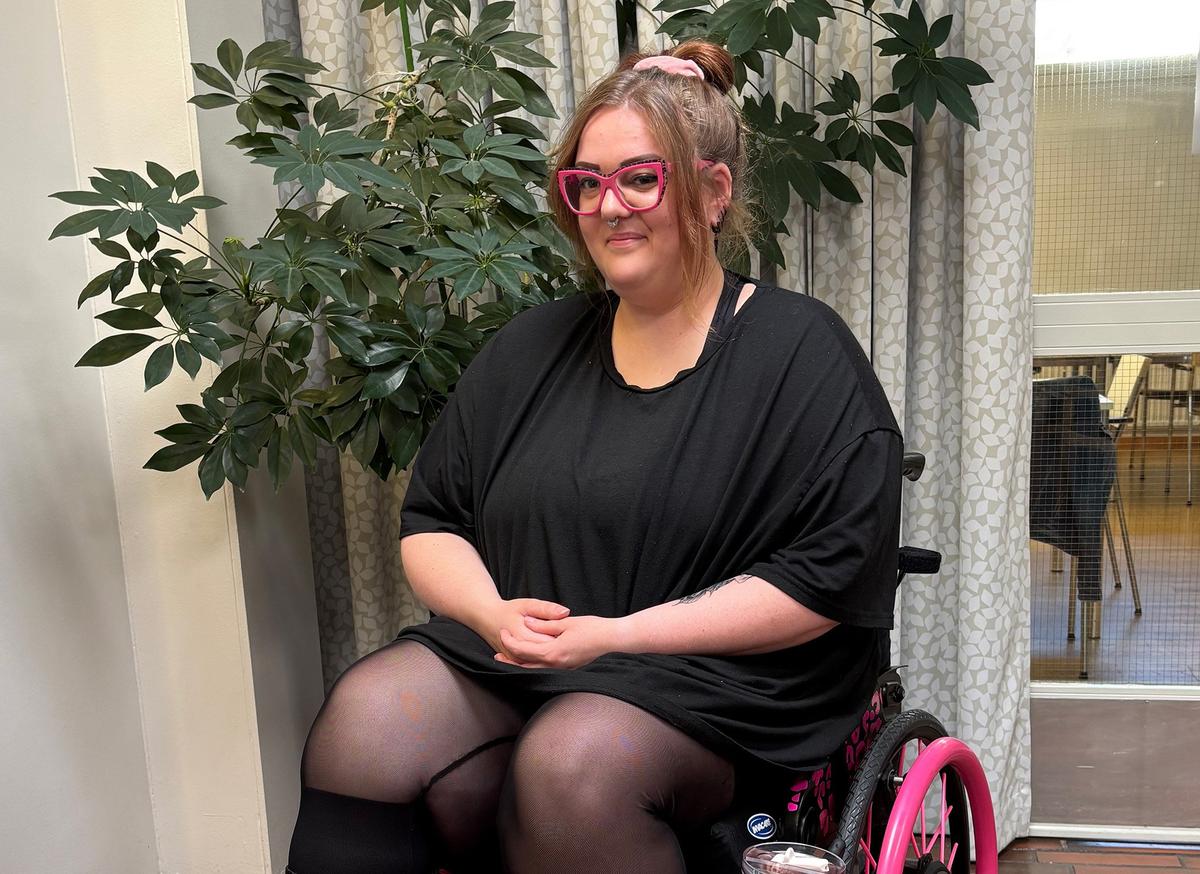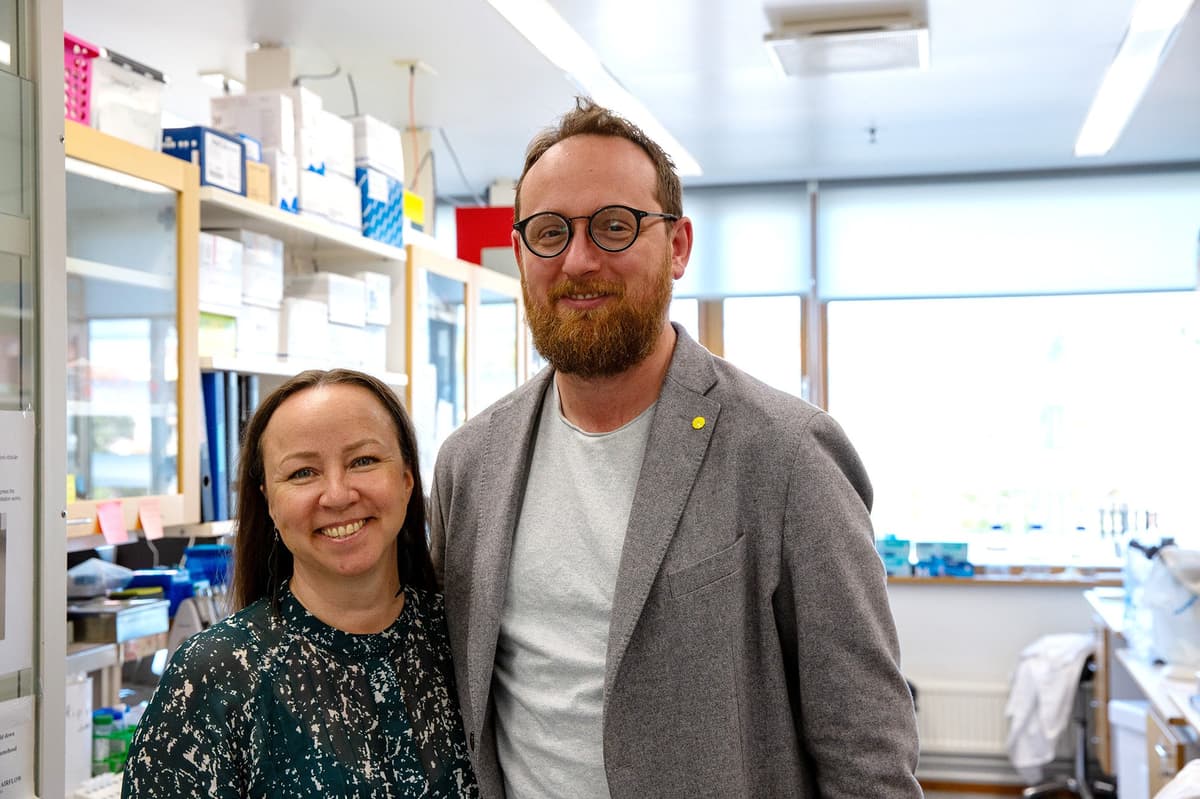Genetic tests can provide early diagnosis

Commercial genetic tests that anyone can do at home in the hope of finding out if they are more likely to contract a common disease are as reliable as horoscopes, according to geneticists. Geneticist Juha Kere is one of those who are critical of genetic tests for predicting common diseases. We ask him what benefit researchers and doctors derive from genetic testing.
What are the benefits of genetic tests in health matters today?
Genetic tests are used clinically to diagnose rare diseases. In recent years, whole genome sequencing has been employed to diagnose unclear syndromes in newborn babies. For rare syndromes, genome sequencing is the easiest and fastest way to make a diagnosis. This can also detect extremely rare new mutations that can cause diseases.
Researchers are now using so-called genome-wide association studies (GWAS). Over 6,000 studies have been conducted, identifying associations with hundreds of thousands of different genetic variants for over 5,000 different traits or common diseases. It is often believed that these genetic variants can be used to predict whether an individual has a higher risk of developing a common disease. However, such predictions are fuzzy. The reason why genetic tests do not work is that diseases are complex and depend on many different factors, not just genes or the environment, but also chance. Chance events, such as mutations, play a significant role in the occurrence of particularly cancers. As little as it was possible to predict life events from the positions of stars in the sky, as little it is possible to predict all lifetime events from the genome determined at conception by the fusion of the sperm and the egg.
In which cases are genetic tests useful for the individual in health matters?
If a geneticist, pediatrician, or other specialist suggests that a genetic test could confirm the diagnosis, it is useful. However, the benefits of the commercial genetic tests available on the market are not nearly as great as their marketing suggests. Most commercial genetic tests have been simplified to test only a few or at most few dozen of the genetic variants out of the thousands of genetic markers associated with a trait or disease in large scientific studies. If one randomly selects a dozen markers from the thousands of markers, all of which may be roughly equally important, the result in the genetic test will also be random.
How do you think genetic tests will be used in healthcare in the near future?
One genetic testing method I think will be in everyday medical use within five to ten years is what I call dynamic testing of tissues. When cells in the body die, the DNA in the cell nucleus is released, and the blood washes away the DNA from the dying cells. Cancer cells grow and die rapidly, and if there is cancer somewhere in the body, there is an increased amount of DNA from cancer cells in the blood. Mutations can then be detected in the cell-free DNA, which is DNA dissolved from the dead cells circulating in the blood. A healthy person should not have cancer-specific mutations in their bloodstream. DNA from each tissue in the body can be recognized by its cell-type-specific epigenetic fingerprint. Screening tests are now being developed to determine if a person has a disease that causes cell death somewhere in the body. It could also be an inflammatory process or a degenerative process such as Alzheimer's disease. These tests are being developed and tested, and research in this area is very active. I believe they will complement many of the methods currently used for screening. It is well known that cancer detected early has much better treatment outcomes.
Läs artikeln på svenska här

Heidi Furu
Science communicator
Administration
+358 44 488 3086
Contact us

Juha Kere
Group Leader
Genetics
+46 73 421 3550



